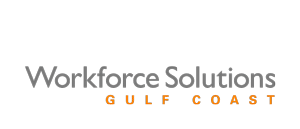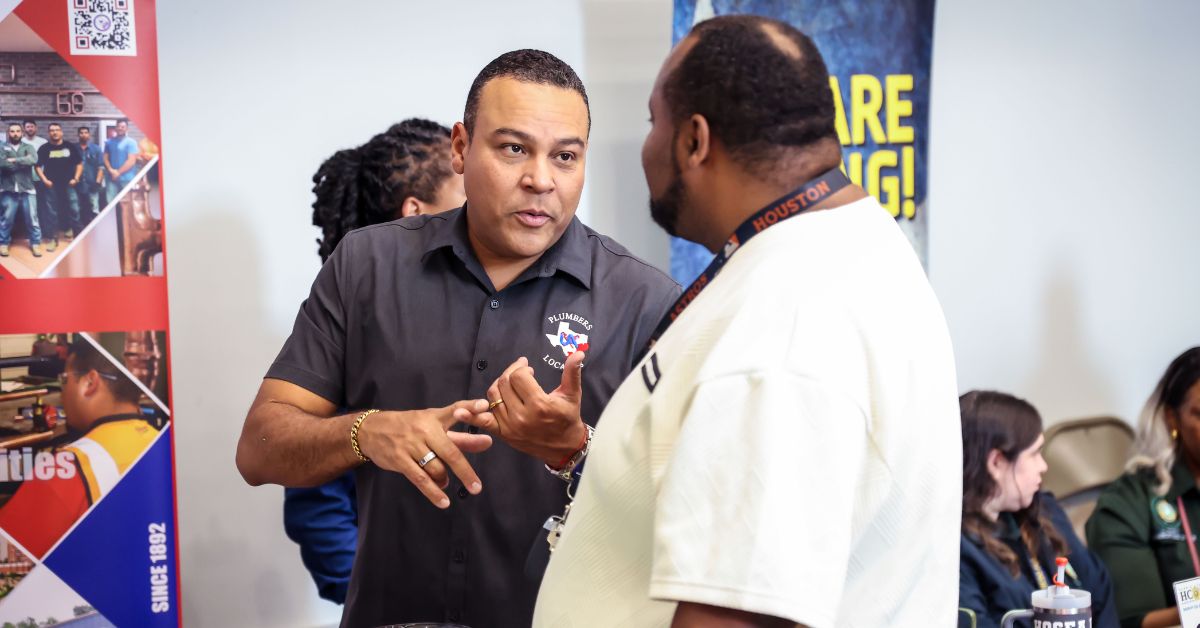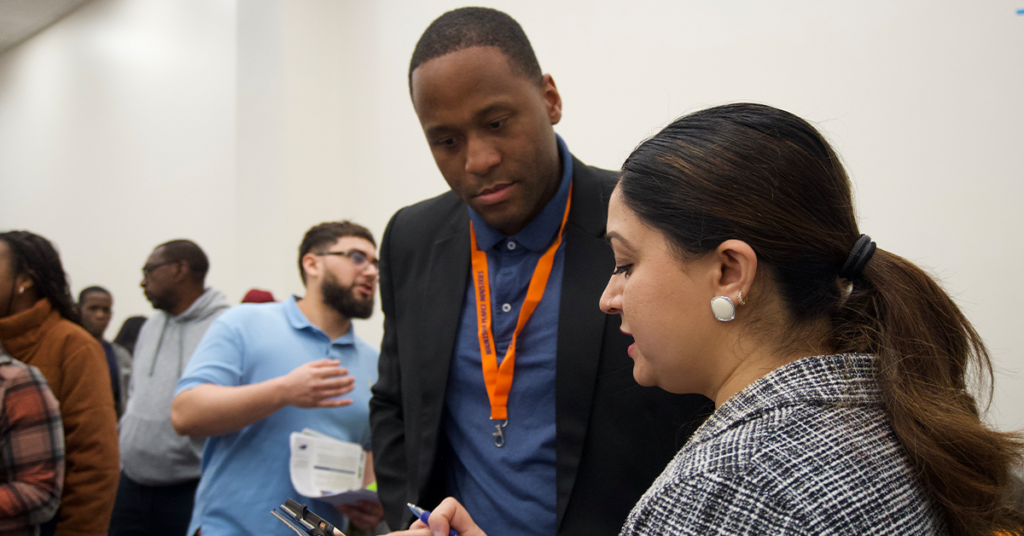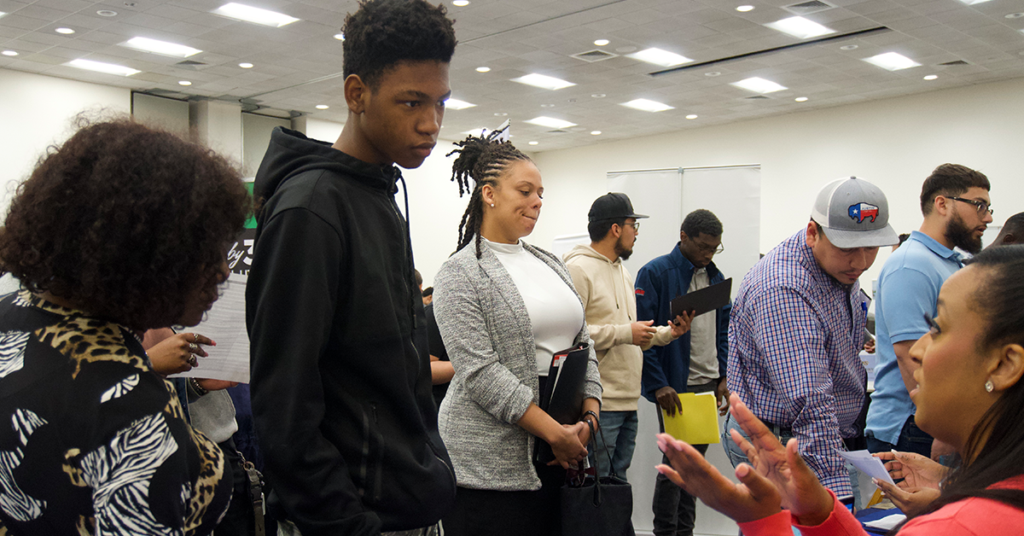In the competitive Gulf Coast labor market, prioritizing employee recognition gives companies a clear edge, two out of three employees will leave if they don’t feel appreciated, while regular recognition boosts engagement, retention, and overall performance. Recognition can be financial or non-monetary, with many employees preferring thoughtful, personalized gestures like public praise, development opportunities, or small perks. Regardless of format, recognition should be timely, specific, consistent, and aligned with company values to maximize its impact.
Experts recommend focusing on three elements:
- Highlight the impact of the employee’s work,
- Acknowledge the effort behind it,
- Share how they achieved the result to inspire others.
To know if your program is working, watch metrics like employee retention, productivity, and engagement. Decreases in turnover and increases in satisfaction often follow the rollout of effective recognition programs. Consider using surveys to gather feedback directly from employees and refine the program over time.
Recognition systems must be equitable and transparent. Criteria should be clear, measurable, and tied to company goals, such as customer feedback, project milestones, or team nominations. Ensuring all employees have equal access to recognition opportunities is not just good practice, it’s a legal and ethical necessity.
Beyond the perks, effective recognition programs send a powerful message: your people matter. With 94% of workers saying they’re more likely to stay at a company that invests in their growth, and engaged employees being 13% more productive, recognition becomes a strategic tool for long-term success.
Want to design a recognition program that attracts, retains, and empowers your workforce? Reach out to our consultants today. We’ll help you build a system that fits your company culture and drives real results.




